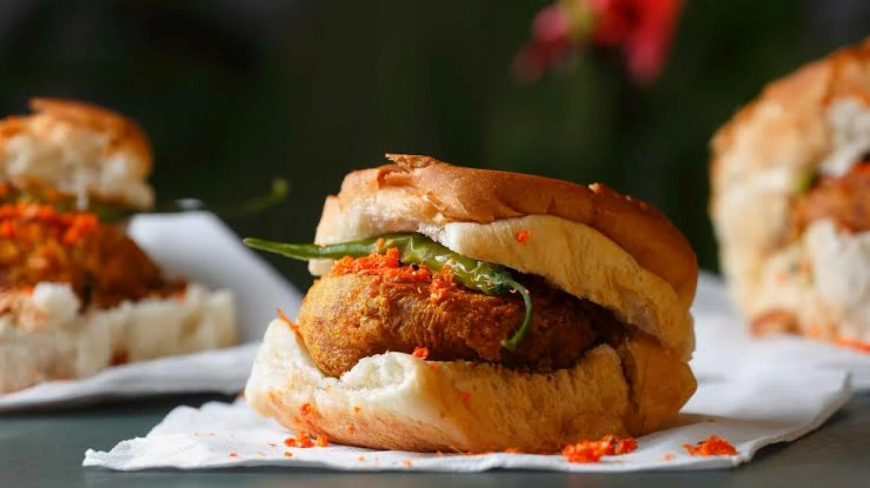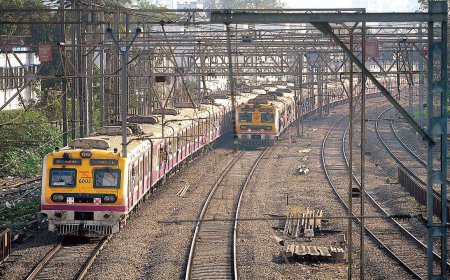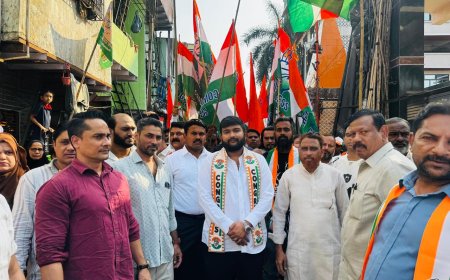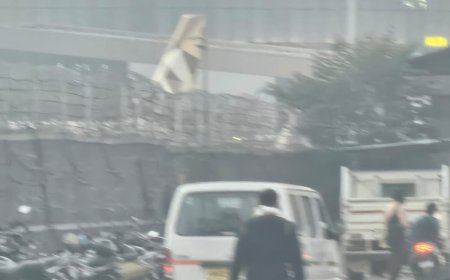Mumbai: The Brihanmumbai Municipal Corporation (BMC) has introduced a directive that could lead to a rise in the price of Mumbai’s beloved vada pav. The recent mandate requiring all restaurants, dhabas, and bakeries to phase out the use of wood and coal for cooking could disrupt the supply of pav, a crucial component of the city's iconic street food.
In a move aimed at reducing air pollution and improving public health, the BMC has set a deadline of July 8 for all commercial kitchens to switch to greener fuels such as electricity, CNG, PNG, and LPG. This new regulation comes in response to an order from the Bombay High Court that aims to curb air pollution and improve the city’s air quality.
However, the ban has sparked concerns within Mumbai’s traditional bakery industry. Many bakeries and Irani cafés, which have been operating for decades, rely on wood-fired ovens to bake pav and other baked goods. The India Bakers’ Association (IBA) recently voiced its concerns, stressing that the shift to alternative fuels could disrupt the supply of pav, a key ingredient in vada pav, and could lead to changes in the texture and taste of the bread, making it economically unfeasible.
Bakeries that have been using wood-fired ovens for over a century worry that the new directive could alter their baking process, leading to a loss of the signature quality of their products. The IBA, in discussions with MLA Rahul Narwekar, expressed concern that these long-established businesses might face financial difficulties adapting to the required changes.
In support of these concerns, former BJP corporator Makarand Narwekar has urged Chief Minister Devendra Fadnavis to grant heritage status to Mumbai’s iconic Irani cafés and bakeries. Narwekar emphasized that these establishments are an integral part of Mumbai’s culinary heritage and should be exempt from the new regulation, much like historic eateries in New York or preserved windmills in the Netherlands. He called for a balanced approach that prioritizes both pollution control and the preservation of Mumbai's culinary legacy.
The opposition to the BMC's directive is gaining political traction, with Samajwadi Party MLA Rais Shaikh calling for an urgent hearing for bakers and Irani cafés before the BMC’s air pollution control committee. Critics argue that the BMC should have engaged with key stakeholders in the bakery industry before enforcing such sweeping changes.
Concerns have also been raised regarding the safety and feasibility of switching to alternative fuels. KP Irani of the Indian Bakers' Association warned that traditional dome-shaped baking ovens, typically spanning 150 square feet, are not designed for electric ovens. He also pointed out that alternatives like LPG could pose significant safety risks, as bakeries might need multiple LPG cylinders to maintain operations. Additionally, the inconsistent infrastructure for PNG across Mumbai could further complicate matters, making the transition even more challenging.
With the deadline approaching, stakeholders are hoping for a solution that strikes a balance between controlling pollution and preserving Mumbai’s rich culinary traditions. While the city grapples with the challenges of air quality, many are hoping that Mumbai's iconic vada pav, a snack beloved by all, will remain affordable and accessible for years to come.




 Previous
Article
Previous
Article











